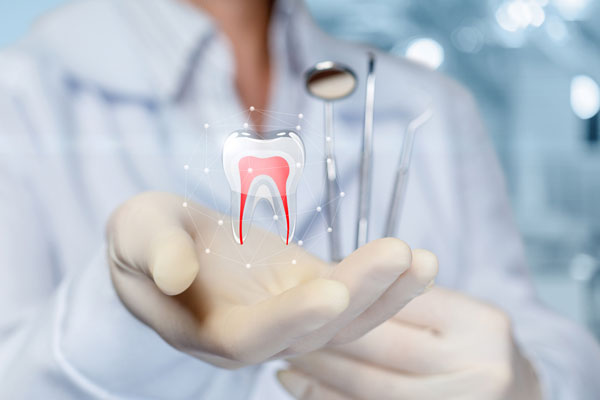Things an Emergency Dentist Can Treat

While medical emergencies happen often, it can be difficult to determine what is considered a dental emergency and requires a trip to the emergency dentist. An emergency dentist can treat many oral problems. These can include oral infections and severe toothaches. Read on to learn more about each of these problems.
Oral infection
An emergency dentist can treat an oral infection for patients. Symptoms of oral infection can include swelling in the jaw or under the mouth. The tooth may have throbbing pain. An infection might cause severe pain where it can even interfere with the patient’s sleep. This type of infection is usually at an advanced stage and should have been treated with antibiotics earlier.
Patients can avoid getting an oral infection by having good oral hygiene and visiting the dentist regularly. This can allow the dentist to remove plaque from the teeth. The plaque holds bacteria against the teeth. The bacteria can contribute to an oral infection for the patient.
Chipped teeth
Whether from an accident or a cavity, a chipped tooth can be very painful for patients. An emergency dentist can provide a temporary filling for the crack in the tooth until the patient can get to a general dentist. This can help to alleviate pain. It can also prevent bacteria from getting into the chip and causing tooth decay.
Severe toothache
If the pain in a toothache is severe, it is a good idea to see an emergency dentist as soon as possible. There is a range of potential problems that might be causing this pain. This can include a severe infection. It is important to get this treated quickly because the infection can spread to other parts of the body.
Loose crown
A crown protects the tooth from bacteria in the mouth and food debris. If a patient’s crown is loose, the tooth no longer has the protection of this crown. Fixing the crown quickly will prevent any decay on the tooth. An emergency dentist can bond the crown to the tooth again. In some cases, a patient might need a new crown.
Abscessed tooth
An abscess is an infection at the root of the tooth. It generally comes from gum disease or from a cavity that has not been treated. It can happen when a tooth has trauma and becomes chipped or otherwise damaged. The symptoms of an abscessed tooth can range from a foul taste in the mouth to fever and pus in the mouth. Treatment for this infection might require some type of oral surgery to see that the abscess is drained of the bacteria.
Visit an emergency dentist today
An emergency dentist can treat many different dental problems. These can range from oral infections to chipped teeth to severe toothaches. An emergency dentist can offer a fix for these issues until you can get to a general dentist. Visiting an emergency dentist for these problems quickly can help the dentist save your tooth.
Request an appointment here: https://thechesterfielddentist.com or call Chesterfield Dentist at (804) 412-0867 for an appointment in our Chester office.
Check out what others are saying about our services on Yelp: Read our Yelp reviews.
Recent Posts
Dental restorations offer ways to remove damaged tooth enamel, halt further decay, and restore the function of damaged or lost teeth. However, some mistaken beliefs prevent people from getting necessary care for oral health. Understand how to separate fact from fiction to make better choices for your dental care.Learn the truth behind the following four…
Endodontics often relieves intense tooth pain by treating infection or inflammation deep inside a tooth. When care stays gentle and methodical, root canal therapy can feel far more manageable than its reputation suggests. A general dentist who prioritizes comfort, clear communication, and careful technique can help the entire process move smoothly from diagnosis to recovery.…
A dentist’s job is to make sure your teeth stay in great health. For many patients, this means considering the benefits of dental restorations. Dentists recommend restorative procedures when a patient has a damaged, diseased, or missing tooth. These standard treatments stop the problem in its tracks, prevent additional injury and infection, and even provide…
The purpose of dental restorations is to replace permanent teeth that are lost. This can happen because of trauma to the tooth that renders it irreparable or decay that is so extensive that it requires extraction. There are several restoration options for replacing a missing tooth. Some are removable while others are permanently fixed in…


